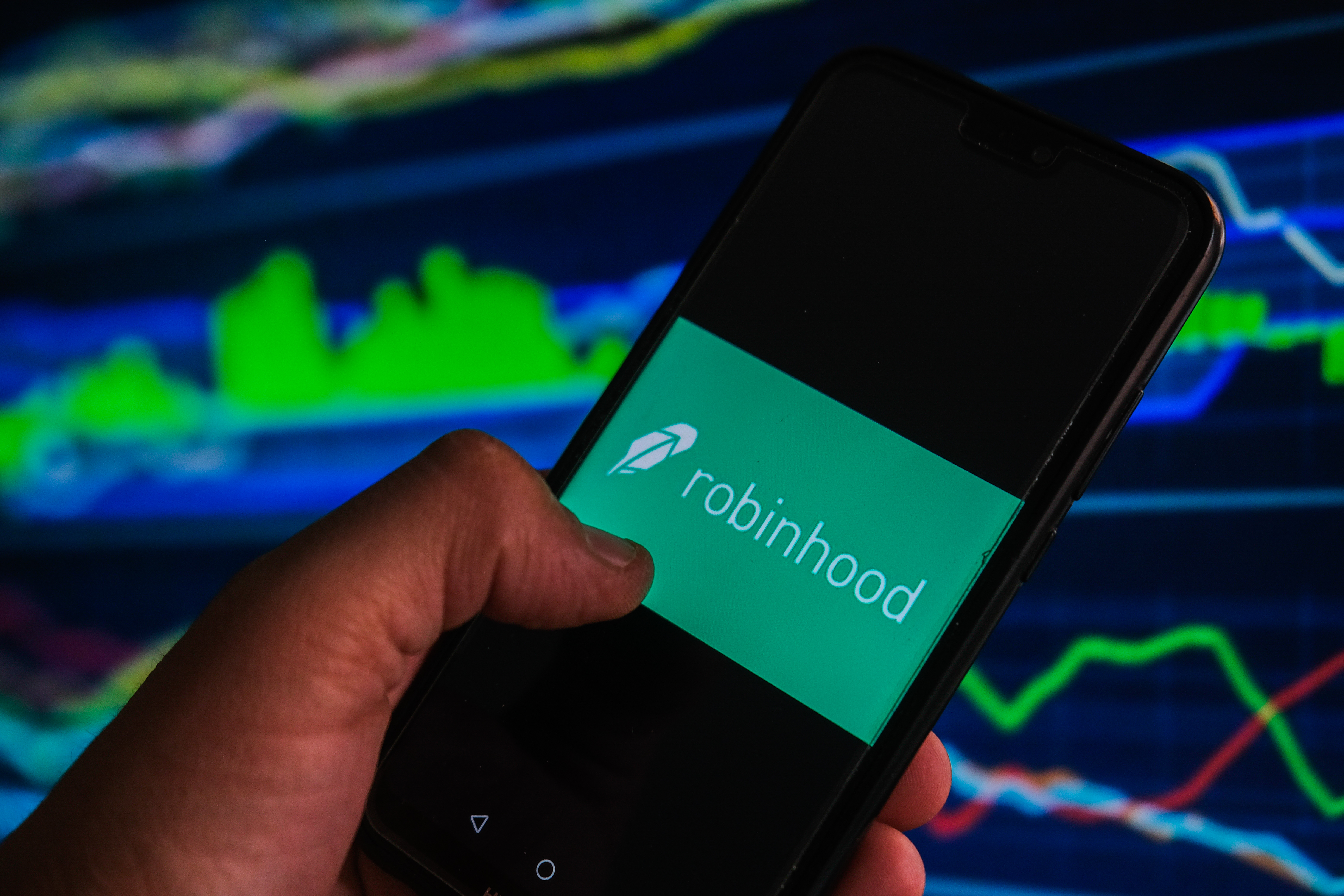Prediction Markets Challenge State Gambling Regulations at G2E Summit
Global Gaming Expo reveals growing tension between state-regulated gambling and federally overseen prediction markets, challenging traditional industry structures and tribal sovereignty.

Industry leaders gather at the Global Gaming Expo (G2E) in Las Vegas to address prediction market challenges
LAS VEGAS - The rise of federally regulated prediction markets is creating unprecedented challenges for state-controlled gambling regulations, emerging as a central topic at this year's Global Gaming Expo (G2E).
Regulatory Concerns Take Center Stage
Just as federal oversight continues to evolve in various sectors, the gambling industry faces a paradigm shift as prediction markets operate under the Commodity Futures Trading Commission (CFTC) rather than state regulators.
Mike Leara, executive director of the Missouri Gaming Commission, expressed skepticism about these new platforms, characterizing them as futures contracts rather than prediction markets. This development mirrors broader tensions between federal and state regulatory authority seen across various industries.
Impact on Traditional Gaming Industry
The emergence of prediction markets presents a significant disruption to the established gambling sector, allowing residents in states without legalized sports betting to participate in what essentially amounts to sports wagering through federally regulated channels.
"We are now in an environment where positive prediction market headlines are a headline risk to gaming stocks until proven otherwise," notes Jordan Bender, analyst at Citizens investment bank.
Tribal Nations Voice Concerns
Native American tribes with gambling interests have expressed particular alarm, with Michael Hoenig of the Yuhaaviatam of San Manuel Nation describing prediction markets as an "existential threat to tribal sovereignty." This situation echoes other challenges to indigenous rights and governance structures.
Looking Ahead
As the industry gathers at the Venetian Expo with over 25,000 attendees expected, the conversation around prediction markets shows no signs of slowing. The situation highlights growing tensions between innovation and regulation in the digital age.
Rachel Whitman
Rachel L. Whitman is a political columnist and investigative journalist based in Washington, D.C. Her writing focuses on democratic resilience, civil rights, and the intersection of technology and public policy. With a background in law and public affairs, she brings sharp analysis and a deep commitment to progressive values.
